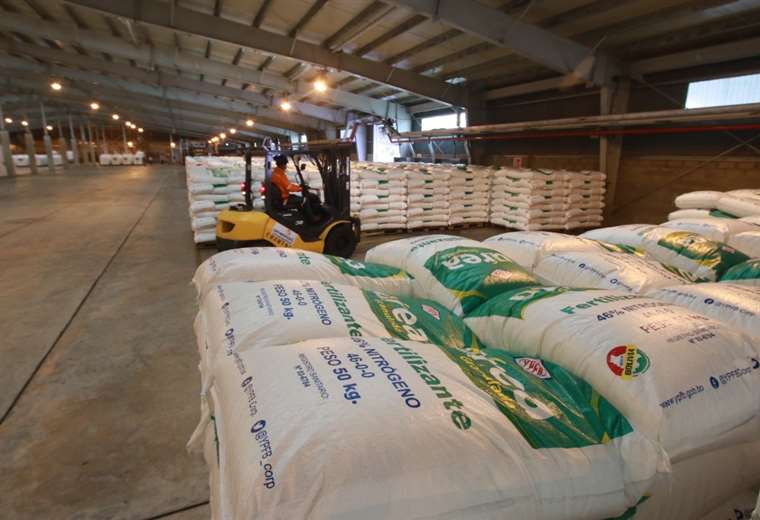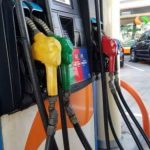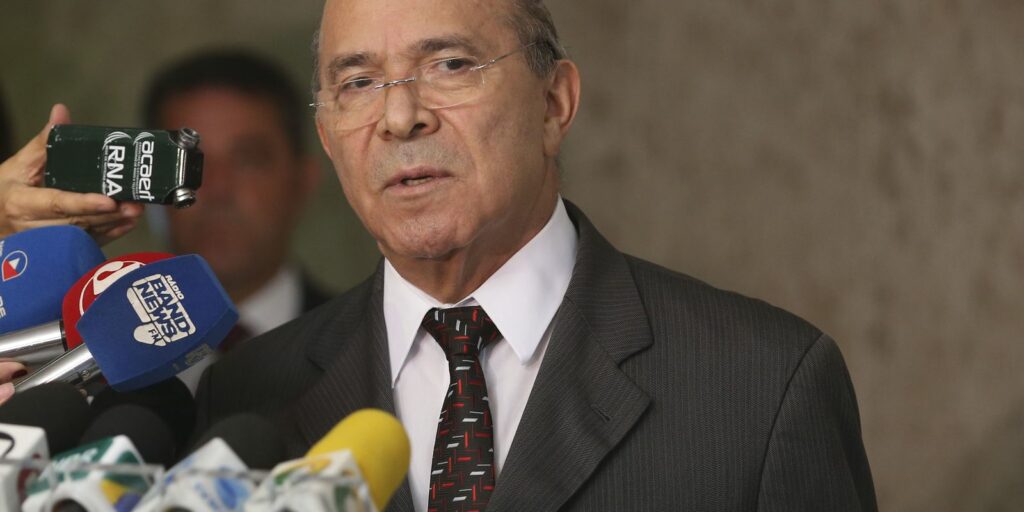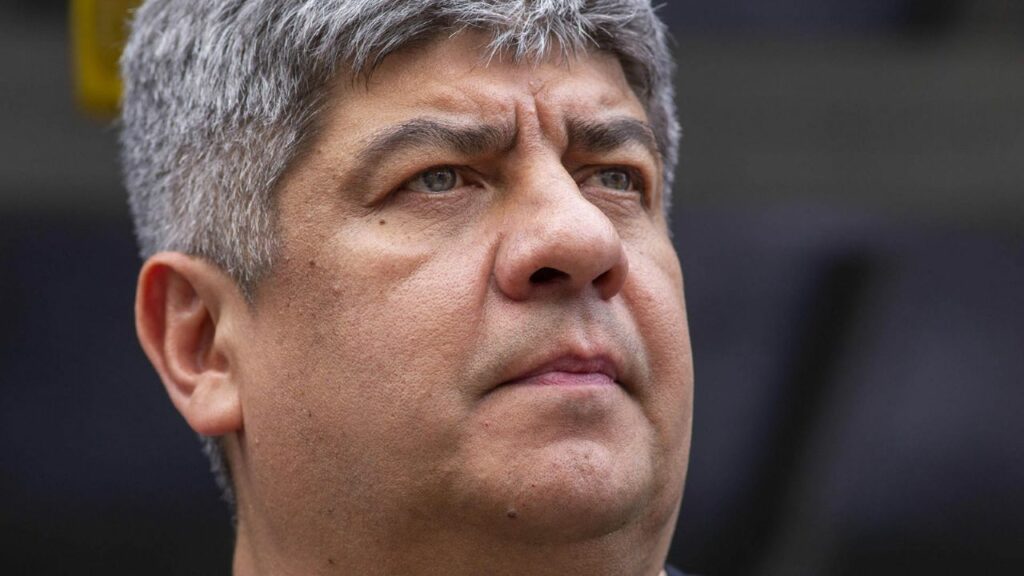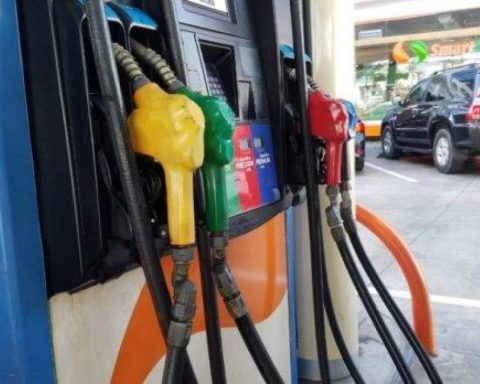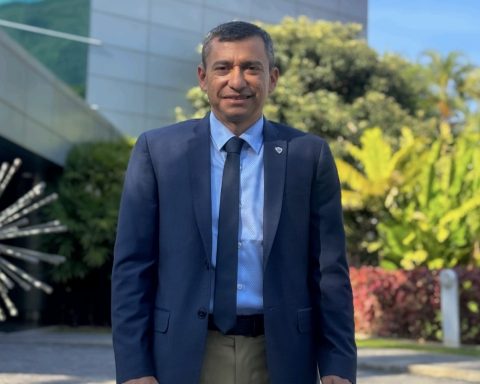March 14, 2023, 12:00 PM
March 14, 2023, 12:00 PM
Turning Bolivia into the main supplier of fertilizers in the region is the objective that the government is now considering, after it was unable to advance in its attempts to position the country as a large supplier of gas and electricity. Private operators in the sector highlight the initiative, while a former minister describes it as a “bleff”.
Several authorities from Luis Arce’s administration have pointed out in recent months the country’s potential to produce urea, potassium chloride, NPK and other similar products. The last one was the president of YPFB, Armin Dorgathen, who remarked that work is being done to turn Bolivia into “a focal point for the production of fertilizers.”
“We produce urea, our sister company Yacimientos de Litio de Bolivia produces KCL (potassium chloride) and EBIH is going to start producing NPK. Clearly, Bolivia has an advantage in the production of fertilizers and that is the importance that we can become a fertilizer hub for South America. We can supply KCL, urea and NPK to Brazil, Argentina, Paraguay and Peru”, he asserted.
According to YPFB, in addition to sales abroad, the national product reduced imports in the domestic market by 99%, with considerable aid to agriculture. According to a study by the Ministry of Productive and Rural Development, it is considered that on average yields can be increased by up to 43% with correct crop fertilization.
This objective precedes another great project of the governments of the Movement for Socialism (MAS), turning Bolivia into the ‘Energy Heart of South America’, a goal that was supported by greater exports of natural gas and liquefied petroleum gas, and in the beginning of the sales of electrical energy to other markets.
However, national gas production began to decline in 2015, with the consequent increase in fuel imports and the decline in the country’s net international reserves.
The export of electrical energy, for its part, was announced at the beginning of 2014 and was to be completed by the end of that administration, but eight years have passed since then and that project has not yet materialized.
The Government, meanwhile, continues making investments to expand a generation capacity that already doubles the national demand.
Álvaro Ríos, former Minister of Hydrocarbons, described the government’s idea of turning Bolivia into a fertilizer hub as a “bleff”. “Ask when (the industry) is going to stop again to repair the catalyst,” he said, referring to the Ammonia and Urea Plant, which has had multiple shutdowns since it began operations.
Eduardo Nostas, president of the Association of Suppliers of Agricultural Inputs (APIA) described the initiative as “excellent.”
“State projects have somehow come to replace the dependence” on Bolivian fertilizers, he asserted.
Data for 2021 from APIA indicate that Bolivia requires more than 178,000 tons of fertilizers and similar products, of which 60% is covered by supplies from other countries. The most used imported fertilizers are urea (17.8%), diammonium phosphate (16.7%), NPK (14.1%) and monoammonium phosphate (10.5%). With lower volumes are ammonium sulfate (6.1%); nitrogen, phosphorus, sulfur and zinc (5.6%); and potassium chloride (2.52%).
Dorgathen highlighted that last year it was possible to “practically replace all urea imports” for the national market.
“Today we lack production. So, we see the need to build a second urea plant”, which “is a fact. We are working on the location and the necessary resources, ”he said.
“The only issue is knowing where they are going to install it, because if they put it in La Paz, Cochabamba or anywhere else in the center of the country, it will be difficult for us to be able to competitively reach the main markets in the region, Brazil or Argentina,” affirmed the president of APIA.
The general manager of the EBIH, Alejandro Gallardo, remarked that with the urea, potassium chloride and NPK produced by the State, Bolivia will achieve its sovereignty in the production of fertilizers in 2023. “We will be able to have food security with sovereignty ”, he indicated to the ABI.
